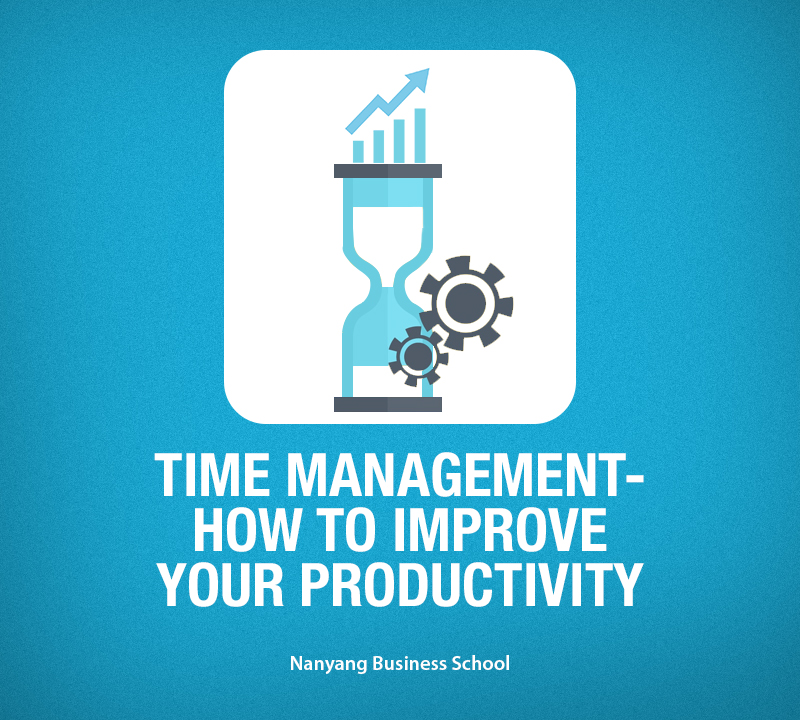The business world and most industries are no strangers to gender bias. Even with the advancement of women in several fields, disparity in salaries and representation exist. If you are one of those women who are ready to break the ‘glass ceiling’ and are looking at MBA programmes, here are some powerful role models for you.
- Turn adversity into positivity:
Winnie Byanyima arrived in Britain after she fled Idi Amin’s regime in Uganda. She completed her education in aeronautical engineering and returned to her homeland once Amin’s rule collapsed. She found the democratic elections hijacked. That led her to join the movement for liberation, under the Ugandan president Museveni. During her 11 years of tenure in the parliament, she championed ground-breaking gender equality laws and multi-party democracy. Later on, she headed UN task forces on gender and development and climate change issues. Now as head of Oxfam International, she is recognised as a leader who put fighting inequality on the agenda.
- Make innovation a habit:
South African entrepreneur Rapelang Rabana has been compared to Marissa Mayer of Yahoo Inc. She co-founded Yeigo, one of the world’s first mobile VoIP applications and was named one of Africa’s best young entrepreneurs by Forbes. In 2013, she launched Rekindle Learning, an online training, and education company. While Rabana promotes the role of women in business, she also keeps an eye out for new business opportunities that involve mobile technology.
- Pay attention to every detail:
Kathryn Sullivan was a part of NASA’s first class of female astronauts (1978). She became the first American woman to walk in space. After three shuttle missions, she came back with a keen understanding of how dynamic the earth is, and decided to use the information to help communities become more resilient to climate change and natural disasters. She is currently the US Under Secretary of Commerce for Oceans and Atmosphere. Her job involves using data from space to understand the climate.
- Think beyond money:
Leaving an urban lifestyle for a life in farming in a drought prone area wasn’t easy. Indian Chetna Sinha did just that. Her time spent with women working in the fields exposed her to their daily troubles – from financial hardship to being ignored as prospective businesswomen. This resulted in the creation of India’s first rural cooperative bank owned by a woman. Chetna’s Mann Deshi Mahila Bank assists rural women who wish to acquire micro loans. Following the bank, Chetna set up a toll-free hotline that is linked to India’s Chamber of Commerce so that the women could get advice first-hand.
- Be Courageous:
When Beth Mooney became a secretary at a local bank, she could have sat back and been happy with her decent salary and job. Instead, she took a chance to get something better for herself. She visited big banks in her city and asked to be enrolled in their management training programmes. It finally happened after she spent a few hours refusing to leave a bank manager’s office until he relented. They made a deal: she’d get into the programme if she simultaneously studied for an MBA degree. She did. Now she is the Chairman and CEO of KeyCorp and the first woman ever to lead a top-ranking bank in America.
- Stay humble:
Cher Wang is a business tycoon’s daughter, so her entrepreneurial ambitions were not a surprise. She co-founded VIA Technologies, a manufacturer of motherboard chips, CPUs and memory. Her mind was on creating handheld computers, which she did soon after at her new venture HTC (High Technology Company). The company started with notebook computers and some of the first touch and wireless handheld devices. Wang has even been on the global Forbes list but can be seen wearing simple clothes and travelling by economy class. She also supports free education. She lives simply but thinks big.
- No excuses:
Oprah Winfrey’s success story is a rags-to-riches one. She’s the first African American female billionaire and she had spent her initial years in poverty. She also faced racial discrimination but came out with flying colours because of her determination. When the other kids were busy hanging out with friends or watching TV, Winfrey was working part-time hours as a radio anchor. Then she worked her way up to local TV news and then to a morning talk show, which later became her own – The Oprah Winfrey Show. That shows you that humble beginnings can’t stop you from chasing your goals.
- Have no fear:
Being a well-known international journalist for decades long means that people from different generations recognise you. Christiane Amanpour is widely known for her influence in the media and her penchant for reporting from dangerous situations such as the Gulf War in the 90s and other war-torn regions. Amanpour has covered conflicts all over the world. Amanpour has also interviewed world leaders in times of controversy but has kept her approach honest and calm. What makes her reporting stand out from the rest is the boldness and honesty. She is a role model for any women in a risky job with her strength and courage.
- Never give up:
Author JK Rowling is one of the world’s most successful authors. She wrote the first Harry Potter manuscript and sent it out to all the publishers. Rejections filled her inbox/mailbox, which she even shared on social media recently, so that other aspiring writers don’t let rejections drag themselves down. Rowling could have stopped. Many writers do. But she didn’t, until she was published. Now she has many published books and is the first person in the world to become a billionaire just from writing books. In other words, never give up.
- Patience is a virtue:
Chua Sock Koong is the head of Singapore’s largest telecom provider Singtel. Her story is one of another climb up the corporate ladder from the position of Treasurer to CFO, and then to Group CEO. Even as CFO, Chua was responsible for all the financial functions at the company and industry publications praised her for her broad exposure across all areas of the business. In addition, she played a major role in SingTel’s acquisitions, divestments, and partnerships. So there is a lot to her credit and it was all about taking her career one step at a time.
These 10 amazing women teach us 10 important lessons. Remember them as you continue your path to success. In the mean time, why not take a look at some of the Nanyang Fellows MBA programme female alumna here:
http://www.nbs.ntu.edu.sg/Graduate/Nanyang_Fellows_MBA/Alumni/Pages/Alumni.aspx
















